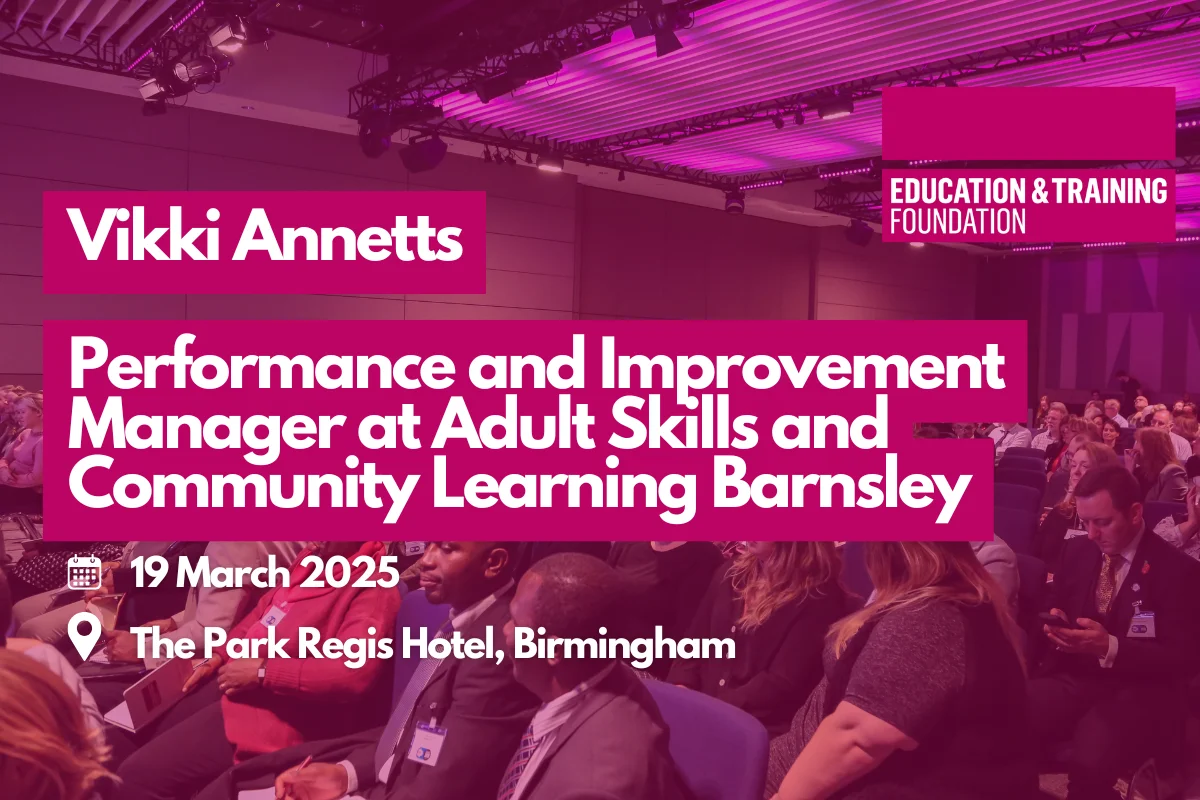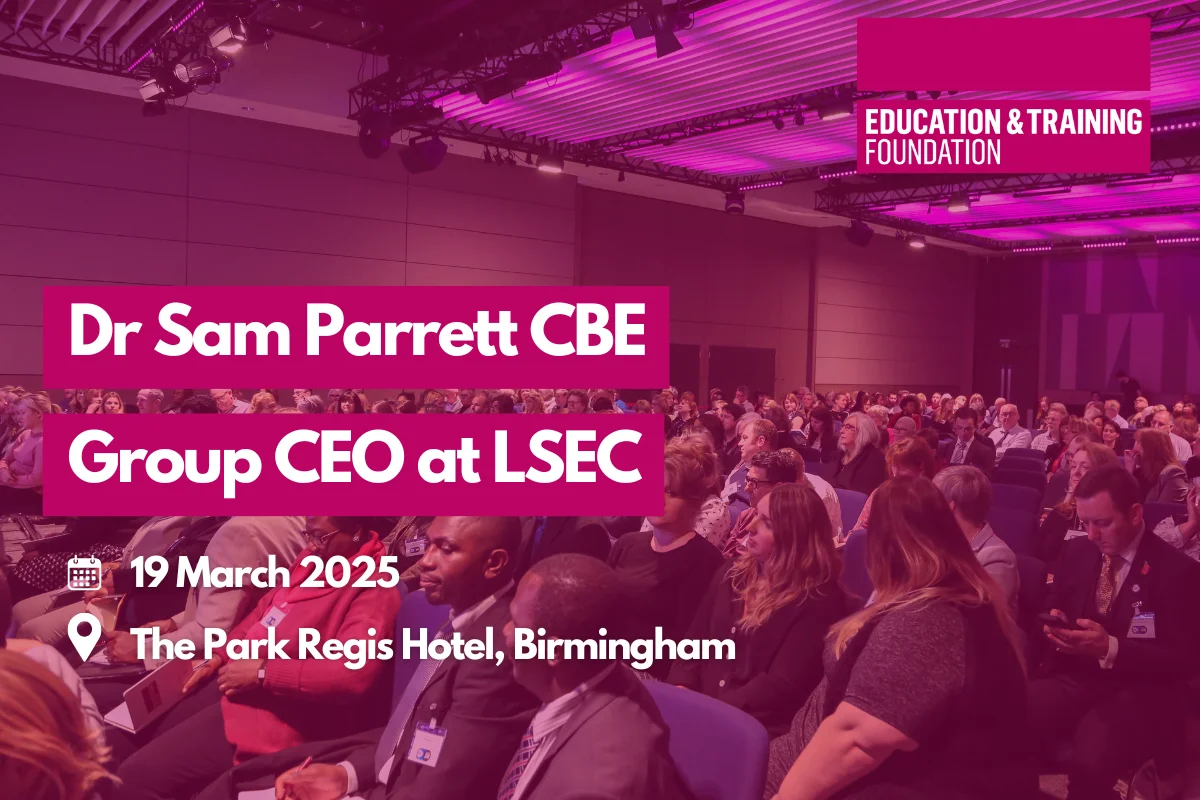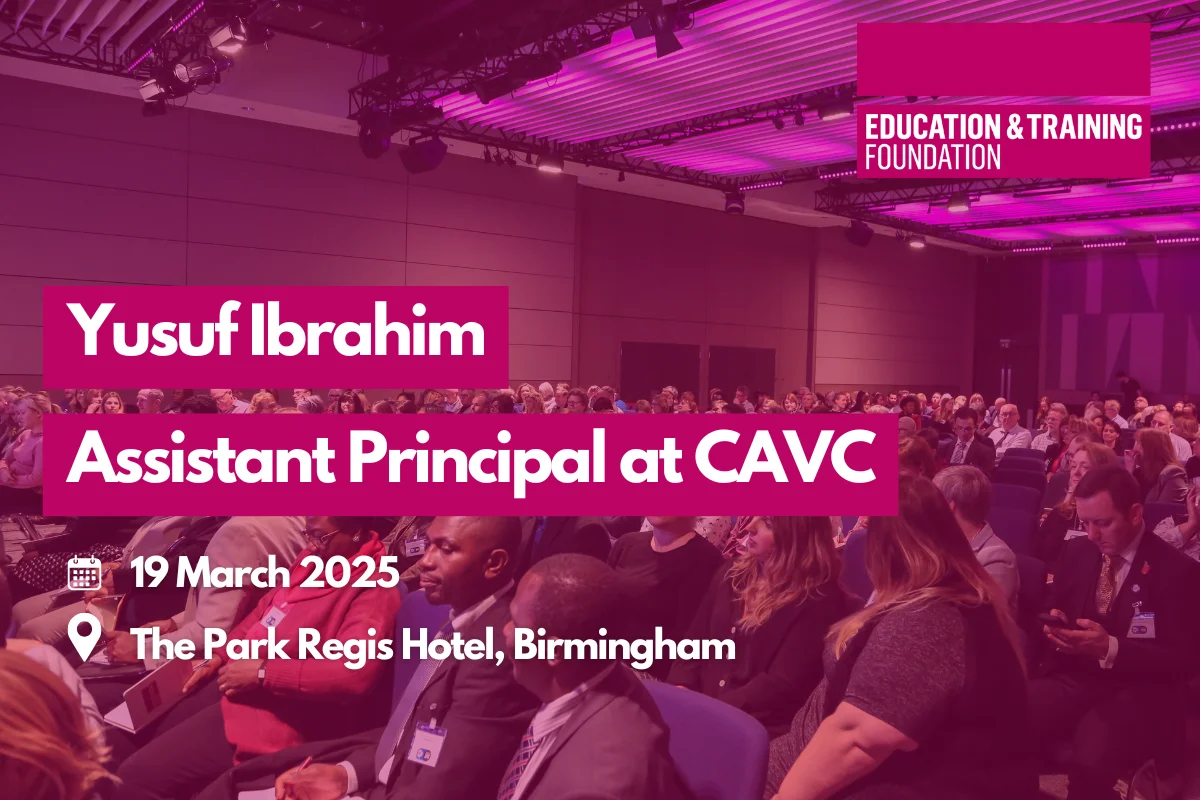The Royal Academy of Engineering partners with BecomingX and Amazon to celebrate pioneering women in engineering

The Royal Academy of Engineering has partnered with BecomingX and Amazon to release a new series of refreshing and honest films profiling pioneering women engineers.
The first three films, which are being released to coincide with International Women in Engineering Day on 23 June 2021, feature engineering heroes Ursula Burns FREng, Professor Sue Black and Dame Stephanie Shirley FREng.
The films celebrate engineering and technology trailblazers, uncovering the inspiring stories behind their success and the challenges they overcame. In a bid to inspire the next generation of young people, from all genders, ethnicities and parts of society, as well as challenge public perceptions of the profession, the films will be shared on social media channels, as well as circulated to schools through the BecomingX Education Programme and the Royal Academy of Engineering’s Connecting STEM Teachers Network.
The first three stories in the series being launched on International Women in Engineering Day (INWED) are:
- Ursula Burns FREng, who became the first African American woman CEO of a Fortune 500 company, Xerox Corporation.
- Professor Sue Black OBE, who became a professor of computer science and technology, and award-winning computer scientist, Amazon bestselling author (for her book ‘Saving Bletchley Park’) and technology evangelist, after leaving school at 16 and fleeing an unsafe home.
- Dame Stephanie Shirley CH DBE FREng, who founded a pioneering software company providing job opportunities for women with dependents and became the first woman president of the British Computer Society having arrived in Britain as an unaccompanied child refugee.
Women are still significantly underrepresented in engineering and technology. Engineering UK’s latest analysis estimates that only 14.5%[1] of those in engineering jobs are women and UCAS data on university application and acceptance figures for the 2020 cycle[2] highlighted that women represent just 18% and 16% of accepted applications to engineering and computing degrees respectively. At the current rate of progress, gender parity among entrants to engineering degrees will not be achieved until 2085. INWED is the world’s biggest initiative celebrating the achievements of women in engineering and allied roles.
Entitled ‘Engineering Heroes’ the films are the first in a new This is Engineering series made possible by a partnership between the Royal Academy of Engineering, Amazon and BecomingX. The series complements the existing This is Engineering campaign, which features real young engineers who have followed what they loved into engineering, and joins the established BecomingX series of films featuring Olympic Gold Medallists, Nobel Peace Prize winners, and Oscar winners.
This launch extends the Academy’s partnership with Amazon to attract young people from all backgrounds into engineering and computer science careers as part of Amazon Future Engineer, Amazon’s comprehensive childhood-to-career programme aiming to inspire, educate and enable children and young adults from lower-income backgrounds to try computer science and pursue careers in this field.
Earlier this year the Academy and Amazon expanded the Amazon Future Engineer bursary scheme to support women students from low-income households studying computer science and related engineering courses at UK universities. Amazon is also supporting a number of Royal Academy of Engineering initiatives, including the national Connecting STEM Teachers programme, a support network for teachers across all STEM subjects that ensures they have the knowledge and confidence to engage a greater number and wider spectrum of school students with STEM. The programme works with 1,000 schools and operates across all regions of England, Scotland, Wales and Northern Ireland.
‘Engineering Heroes‘ can be viewed at www.thisisengineering.org.uk/heroes. Other films in the series will be released later in 2021.
Dr Hayaatun Sillem CBE, Chief Executive of the Royal Academy of Engineering, comments:
“The Academy, Amazon and BecomingX share an ambition to inspire and support young people to become the next generation of engineers and computer scientists, and through this new series of
This is Engineering films we will be telling the stories of some of the most inspiring engineering role models in the world. Engineering is a fantastic career if you want to make a difference, improve people’s lives and shape the future. By sharing these powerful stories, we want to inspire many more people from all parts of society to become engineers: engineering is for everyone and we need our engineering community to better reflect the society we serve.
“This year, International Women in Engineering Day celebrates ‘engineering heroes’ at a time when technology has helped us navigate very challenging circumstances. Our films feature women engineers who are technology trailblazers as well as engineering heroes. Ursula, Sue and Dame Stephanie have each overcome personal difficulties and defied stereotypes to reach the top of their fields, achieving many firsts along the way. They are true pioneers of our profession who have paved the way for current and future generations of women engineers to follow.”
Lauren Kisser, Director at Amazon’s Development Centre in Cambridge and head of Alexa AI, said:
“I’ve been lucky to have worked in technology for my entire career, and have innovated on some fascinating engineering programmes. I am a passionate advocate for engineering and STEM skills, especially among young women and girls. By sharing the stories of Ursula Burns, Professor Sue Black and Dame Stephanie Shirley directly with school children as part of our Amazon Future Engineer programme we hope to inspire more young people in these exciting, rewarding careers, emboldening the next generation of future engineers.”
Paul Gurney, CEO and co-founder of BecomingX, said:
“Everyone has potential. Yet for so many young people, having a high-flying career in computer science or engineering is not even a consideration. It’s seen as impossible. They are seen as industries for people who look and talk differently. For those from the best schools. For men. We’re proud to collaborate with the Royal Academy of Engineering and Amazon to tell the stories of three women who have challenged those stereotypes and made a profound difference in the world. Three women that demonstrate that anyone can flourish in engineering, even in the face of adversity. These ‘Engineering Heroes’ show us that with enough determination and the right support that we all can all succeed, in whatever we choose to do. It’s a message we’re proud to share with the next generation of engineers.
Ursula Burns’ film
Ursula Burns became the first African American woman CEO of a Fortune 500 company.
Growing up in poverty and a single-parent household in Manhattan’s lower east side, Ursula Burns knew the value of hard work. After joining Xerox as an engineering intern in 1980, the mechanical engineering graduate worked her way up to becoming CEO in 2009, in the process attracting personal congratulations from ex US Presidents Bill Clinton and George Bush as well as political activists Reverend Jesse Jackson and Magic Johnson. That same year, President Barack Obama asked her to lead the White House National STEM programme, to improve student participation and performance. Ursula is a founding member of Change the Equation, a not-for-profit programme aiming to boost STEM education for young people and remains an active campaigner for diversity in boardrooms today.
Professor Sue Black’s film
Sue Black is a professor of computer science and technology, an Amazon bestselling author (for her book ‘Saving Bletchley Park’), an award-winning computer scientist and a technology evangelist.
Dropping out of school at aged 16 due to family challenges, fleeing a violent marital homelife and becoming a single mother of three, Sue Black defied the odds to rise to the highest ranks in academia, subsequently founding multiple industry-leading initiatives to help women get into technology roles. An advocate of women in computing, Sue set up the UK’s first online network for women in tech – BCSWomen – and led the campaign to save Bletchley Park, in the process raising £4.1 million for the historical home of World War Two’s UK codebreakers, where 75% of the 10,000 staff had been women. Awarded an OBE in 2016 for her services to technology, Sue is now a Professor of Computer Science at Durham University, where the number of female engineering students has doubled.
Dame Stephanie Shirley’s film
Dame Stephanie Shirley is a pioneering technology entrepreneur, philanthropist and icon for gender equality. Arriving in the UK as a child refugee, escaping pre-World War Two Germany on the Kindertransport, Stephanie felt compelled to justify her survival. Determined to lead a ‘life worth saving’, the once mathematical clerk and systems engineer overcame anti-Semitism and sexism to found an IT company on her living room table in 1962, with just £6 in capital. Under her assumed name of ‘Steve’, she subsequently turned ‘Freelance Programmers’ (later known as F International then Xansa) into a multi-billion-pound company, while changing the perception of women in tech. Steve received a Damehood in 2000 and a Companion of Honour in 2017, an award held by only 65 living people. Having given away most of her wealth to the autism charities she set up to support her late son Giles, the philanthropic engineer continues to live her life’s purpose by sharing her expertise to transform the lives of others.
[1] Research carried out by EngineeringUK APPG diversity in STEM response; https://www.britishscienceassociation.org/appg
[2] Published on ucas.com, 4 February 2021: ‘Students turn to technology with university choices’ – https://www.ucas.com/corporate/news-and-key-documents/news/students-turn-technology-university-choices











Responses